World this week

Photo: AP/UNB
A strong earthquake rattled a mountainous region of northwestern China, reducing homes to rubble, leaving residents outside in a below-freezing winter night and killing 131 people in the nation's deadliest quake in nine years. The magnitude 6.2 earthquake struck just before midnight on Monday (Dec. 18), injuring more than 700 people, damaging roads and knocking out power and communication lines in Gansu and Qinghai provinces, officials and Chinese media reports said.
As emergency workers searched for the missing in collapsed buildings and at least one landslide, people who lost their homes spent a cold winter night in tents at hastily erected evacuation sites. Nearly 15,000 homes collapsed in Gansu and more than 87,000 people have been resettled, provincial officials said at a Wednesday news conference. The earthquake struck in a poor, rural area that is on the eastern edge of the Tibetan Plateau and populated by several predominantly Muslim ethnic groups, 1300 kilometres southwest of Beijing.
The United States freed a close ally of Venezuelan President Nicolás Maduro in exchange for the release of 10 Americans imprisoned in the South American country and the extradition of a fugitive defence contractor known as "Fat Leonard" who is at the centre of a massive Pentagon bribery scandal, the Biden administration announced. The deal represents the U.S. government's boldest bid to improve relations with the major oil-producing nation and extract concessions from the self-proclaimed socialist leader.
The largest release of American prisoners in Venezuela's history comes weeks after the Biden administration agreed to suspend some sanctions, following a commitment by Maduro and an opposition faction to work toward free and fair conditions for the 2024 presidential election. The release of Alex Saab, a Maduro associate who was arrested on a U.S. warrant for money laundering in 2020 and long was regarded as a criminal trophy by Washington, is a significant concession to the Venezuelan leader.
Prime Minister Narendra Modi has said that India will "definitely look into" any evidence provided on its alleged links to an assassination plot in the US. In November, the US charged an Indian man with conspiring to murder a Sikh separatist leader in New York. Modi told the Financial Times that the allegations will not affect ties between India and the US. This is the first time he has spoken publicly about the issue.
"If a citizen of ours has done anything good or bad, we are ready to look into it. Our commitment is to the rule of law," the prime minister said. The target of the attempted assassination, Gurpatwant Singh Pannun, is a dual US-Canadian citizen who is a vocal supporter of the Khalistan movement which advocates for a separate Sikh state. US prosecutors claimed that a man named Nikhil Gupta had paid $100,000 in cash to a hitman to assassinate Pannun and that he was allegedly directed by an Indian government official.
The leader of the main insurgent group in southwestern Pakistan appeared before cameras on Wednesday (Dec. 20) to say he has surrendered to authorities with some 70 of his followers and is giving up his yearslong fight for independence. Sarfraz Bungulzai, who was previously known by his nom de guerre as Mureed Baluch, told reporters in Quetta, the capital of Baluchistan province, that he feels remorse for the deadly attacks he and his Baluch National Army carried out against Pakistani security forces.
The group, also known by its acronym as BNA, has been banned by the government in Islamabad. The development is a significant boost for Pakistan's government, which has battled militants and insurgents of various groups across the country. Earlier this year, Pakistan top intelligence agency arrested another prominent BNA member - Gulzar Imam, also known by the name Shambay, the group's founder.






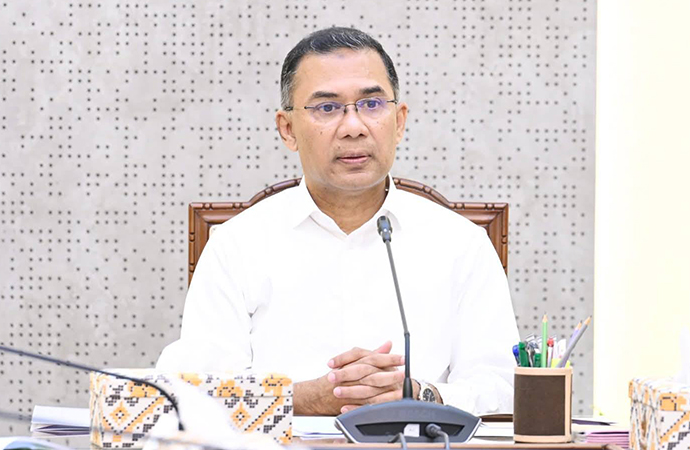
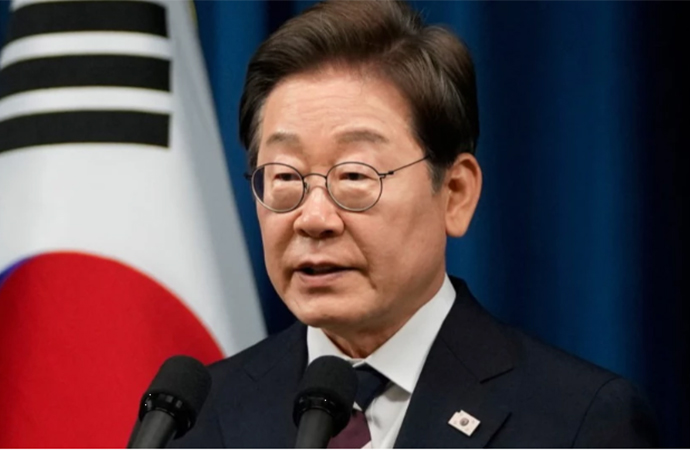
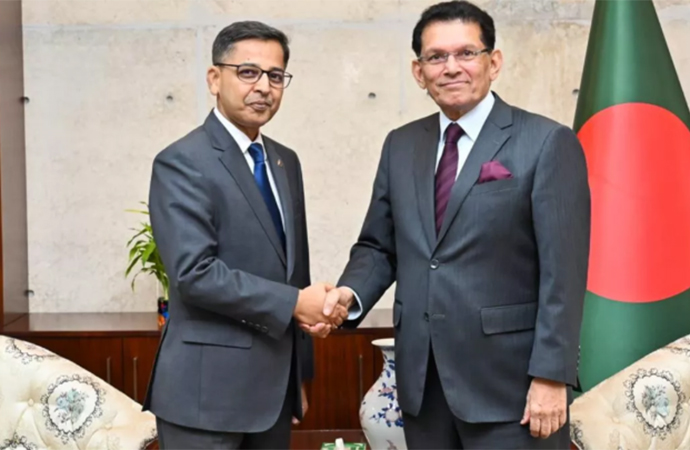
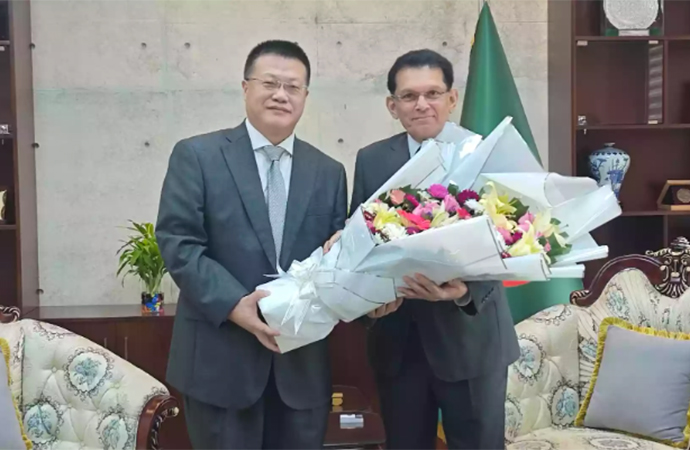
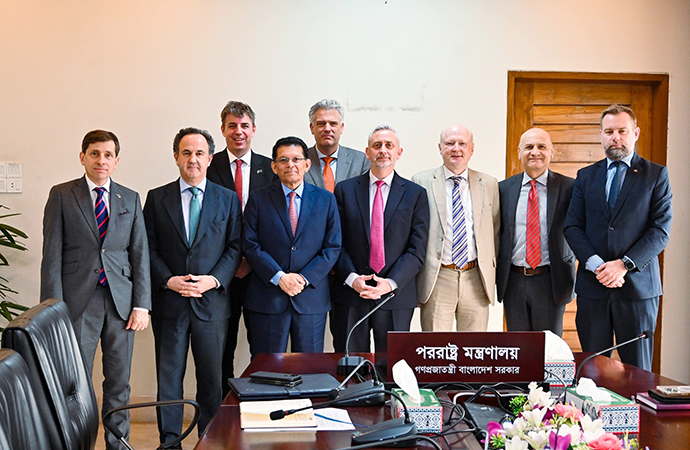
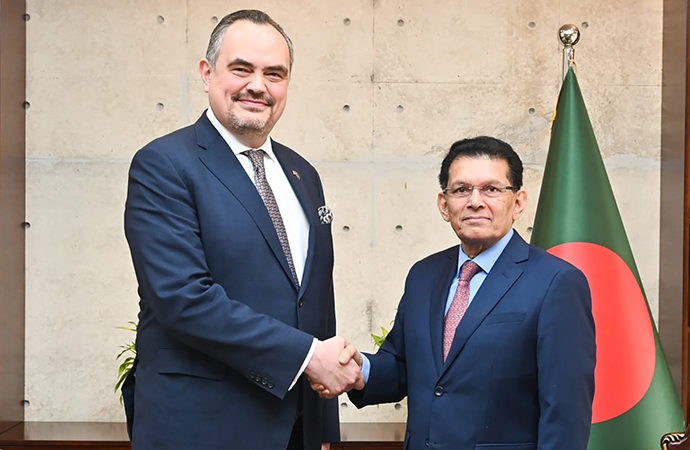













Leave a Comment
Recent Posts
Bangladesh’s first drought-res ...
In a groundbreaking development for Bangladesh’s agriculture, Ga ...
US and Iran hold another round ...
Iran and the United States were holding another round of indirect talk ...
An early hiccup for the new government?
Japan invites PM Tarique, eyes cooperation with Bang ..
Bangladesh to achieve sustained growth, prosperity u ..
Dhaka indicates ‘forward looking, balanced partnersh ..